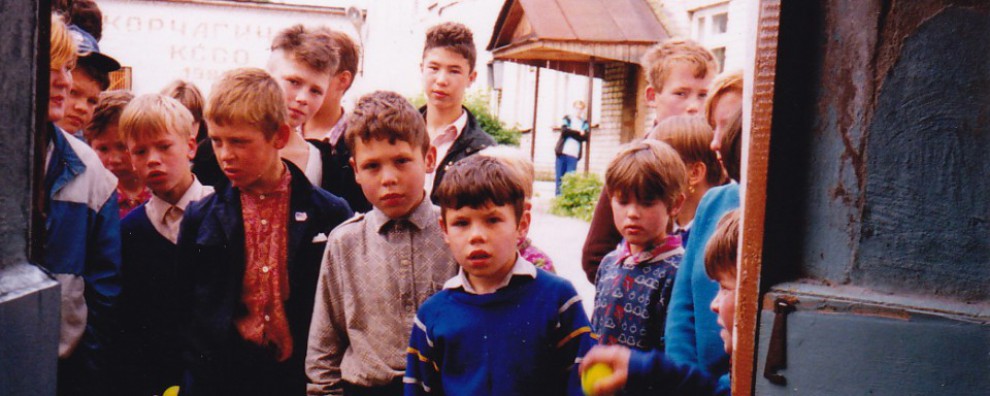“Shwe Dagon: Pagoda in Yangon (Rangoon) that is the center of Burmese religious life. A Buddhist temple complex begun in the 15th century, Shwe Dagon is constructed of brick in the form of a cone and is completely covered with gold. Raised over a relic chamber, it was rebuilt several times and was brought to its present height of 326 feet (99 meters) in 1841 by King Tharrawaddy. The pagoda sits atop a hill that rises 168 feet (51 meters) above the city.”
Excerpted from: Stevens, Mark A., Ed. Merriam Webster’s Collegiate Encyclopedia. Springfield, Massachusetts: Merriam-Webster, 2000.

You must be logged in to post a comment.